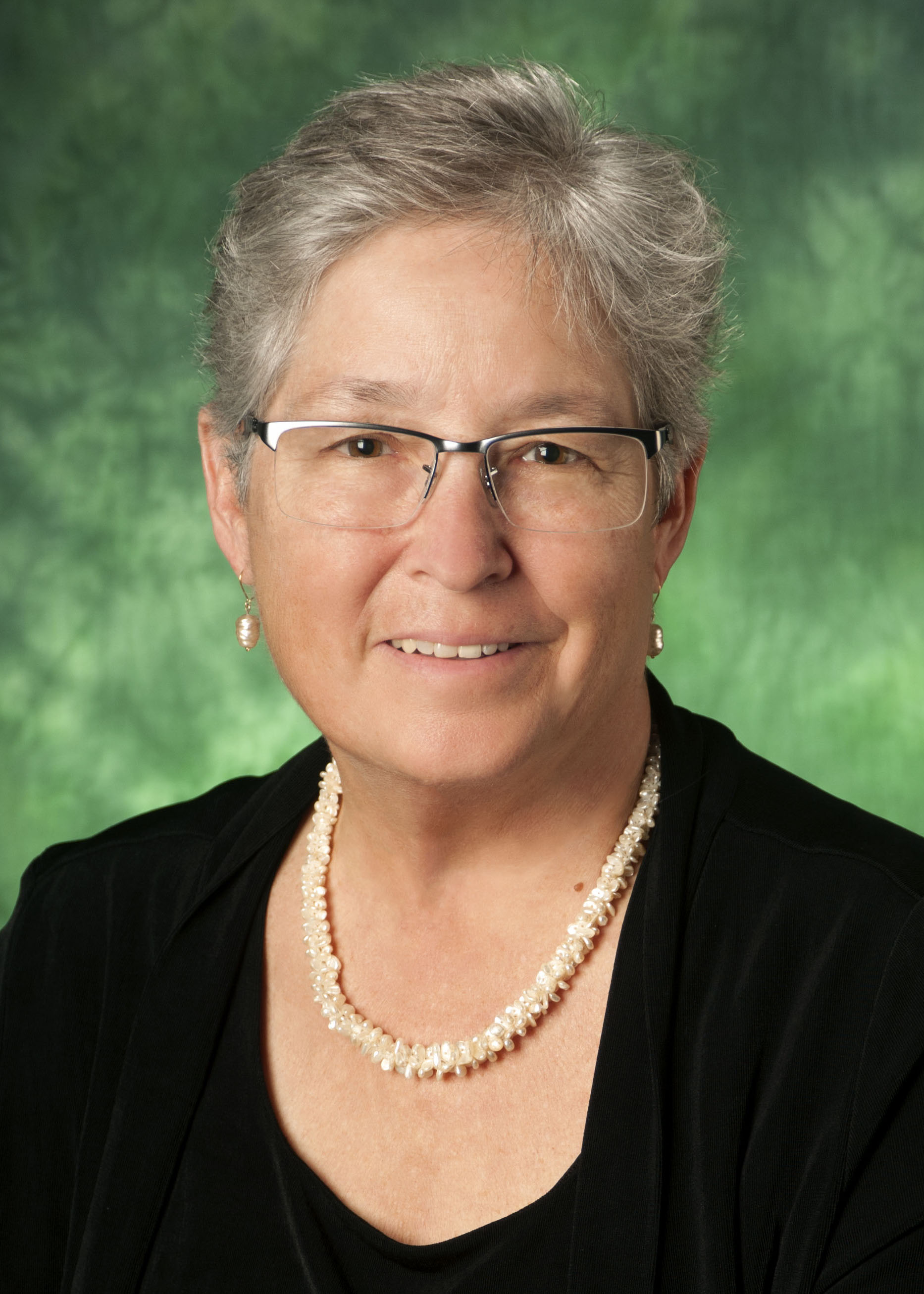We are happy to announce Jeanne Tunks as the 2017 Most Valuable Trainer! Jeanne is currently a professor at the University of North Texas where she teaches a variety of courses, including math and social studies methods. She was introduced to the Population Education program by a colleague about 10 years ago and the rest is history!
Since joining the Trainers Network, Jeanne has presented dozens of workshops on our behalf. Jeanne has often stepped in at the last minute to present, always going above and beyond in both  her support of the program and in the presentations she delivers. Workshop participants have described her as “inspiring,” “engaging,” “empowering,” and “awesome.” One teacher noted that Jeanne has “a gift for connecting with others.”
her support of the program and in the presentations she delivers. Workshop participants have described her as “inspiring,” “engaging,” “empowering,” and “awesome.” One teacher noted that Jeanne has “a gift for connecting with others.”
Recently, we had a chance to ask Jeanne about her experiences as a Population Education trainer.
What is your favorite Pop Ed lesson plan?
Kind of hard to pick just one, but for an opener I enjoy the reactions of the participants when I do Earth: Apple of Our Eye. For a closer, although it is a tough one, I love the One for All with the poker chips. I get the greatest conversations and consciousness raising with these two.
Which groups are you favorites to train?
I mostly train pre-service teachers who want to teach in the elementary school. They end up being my favorites because they are fresh, open, eager, caring, and willing to try most anything, which makes for a smooth delivery and engaging.
Do you have a memorable presentation you’d like to share?
I was presenting to a group of high school and middle school social studies in-service teachers in a heavily impacted low SES* district. During the One for All lesson, it became very difficult to get the participants to think about sharing resources (without talking of course). We even put the fish bowl group in the center and they got it done. During the debriefing it looked like there was going to be a bit of a riot between two participants who sparred over a participant’s choices in the first round. I took the opportunity to turn it into a moment whereby the teachers could learn to draw on the energy in this exchange, and consider their MS/HS students who might go through the same need to take it all, all the time, and use that energy to teach about shared resources and the benefit of equity among citizens. It was tense, but magical all the same.
Thank you, Jeanne, for all of your hard work and your contributions to the success of the Population Education program!
*socioeconomic status


